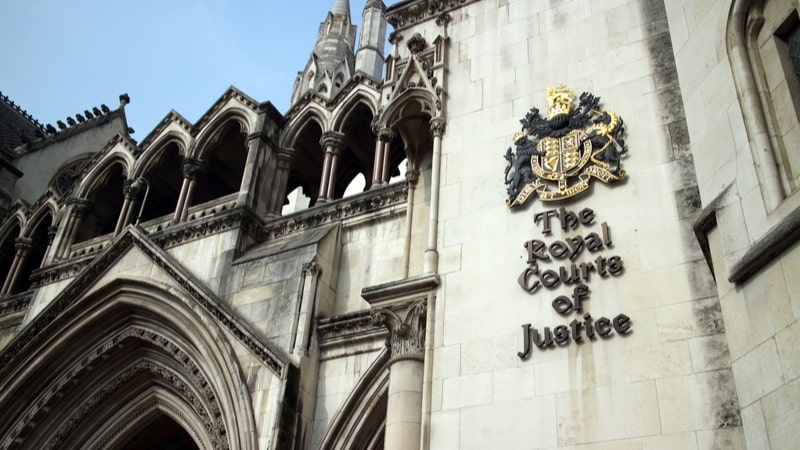
A high court judge has dismissed an Environment Agency bid for an interim injunction on works at two HS2 Warwickshire sites until a full hearing is held.
The EA applied to the court to temporarily halt HS2 groundworks, contracted to the Balfour Beatty Vinci (BBV) joint venture, at Stonehouse Cutting and Glasshouse Wood Cutting to protect groundwater.
The agency can restrict HS2’s plans, under the HS2 Act, if it believes the work will damage ground or surface water.
The EA said the two sites are within bodies of water that have been designated “poor”. This means several surface watercourses requiring groundwater are failing, and groundwater abstraction exceeds available groundwater resources.
Deterioration and serious damage
Chartered civil engineer Lindsey Sayner, for the EA, said groundwater in the location of the Cuttings is under pressure from multiple sources, including public water supply abstraction, and is at risk of deterioration and serious damage.
HS2 said the full excavation work at the two Cuttings sites is likely to intersect the water table and involve permanent interaction with groundwater. It acknowledged it will need to obtain the EA’s approval for the full works.
However, HS2 has divided the works into a “dry dig” and a “wet dig”. Its water resources and flood risk specialist Joe Brigly argued the dry dig would not interact with the water table. HS2 said it only needed approval for the second “wet dig” phase.
Phases are ‘interdependent’
The EA argued that the two phases of work could not be “disaggregated” because they are “interdependent”.
High Court judge Justice Joanna Smith ruled the EA had not met the threshold of evidence for an interim injunction and dismissed the claim. Smith urged the two parties – “both ultimately funded by the taxpayer” – to “cooperate in seeking an expeditious resolution through the arbitral process”.











